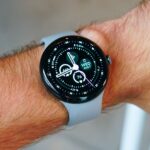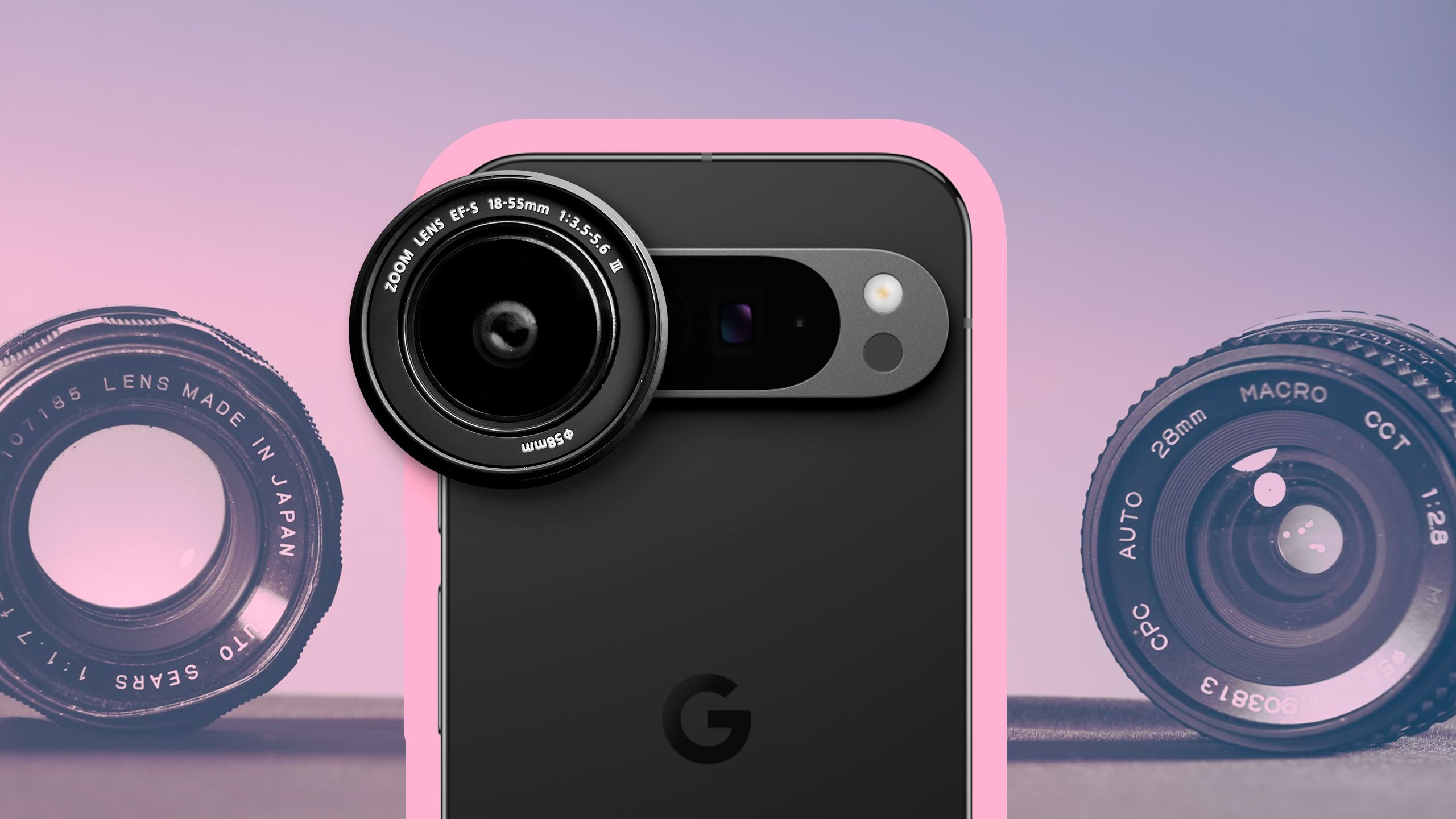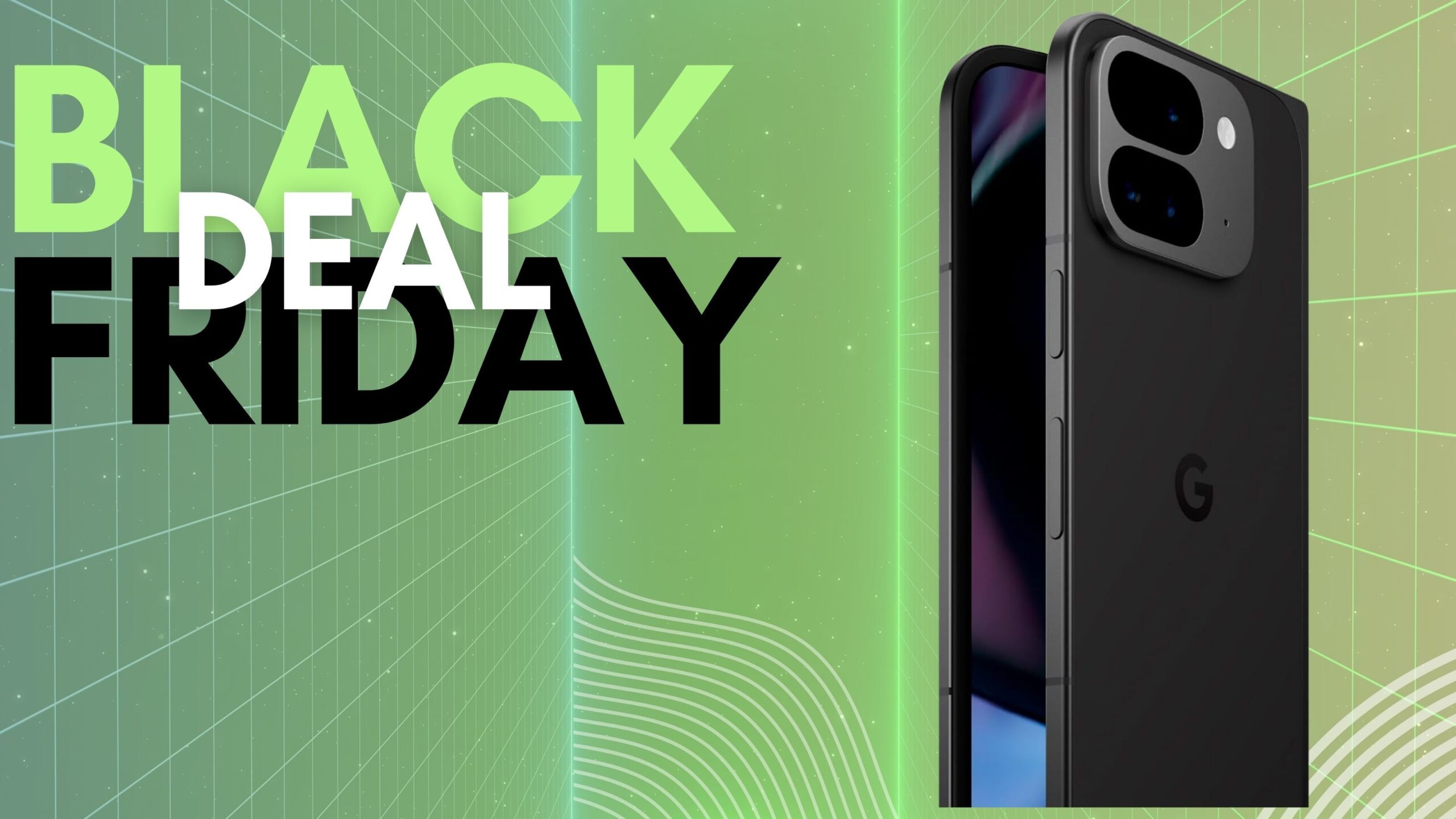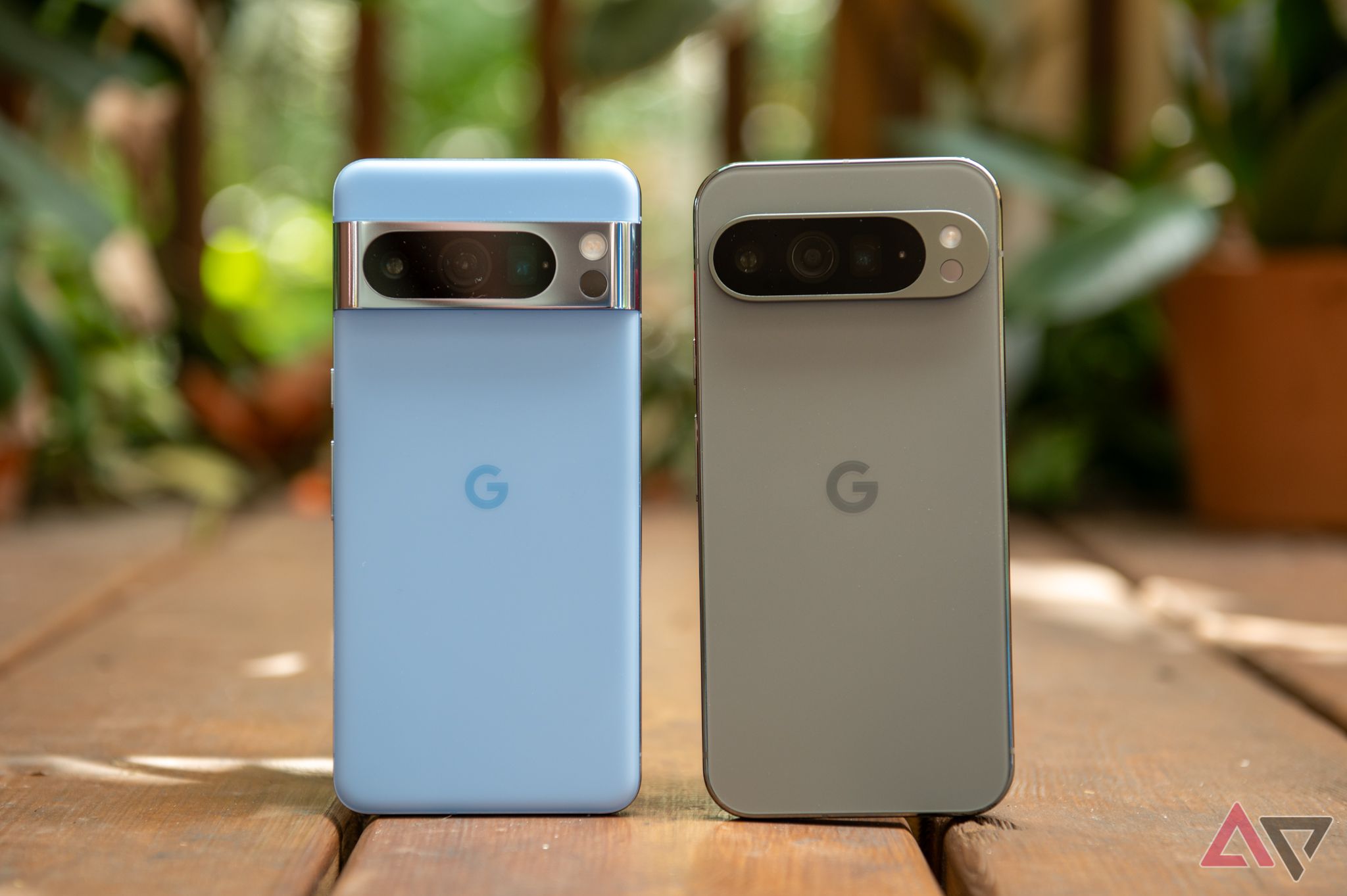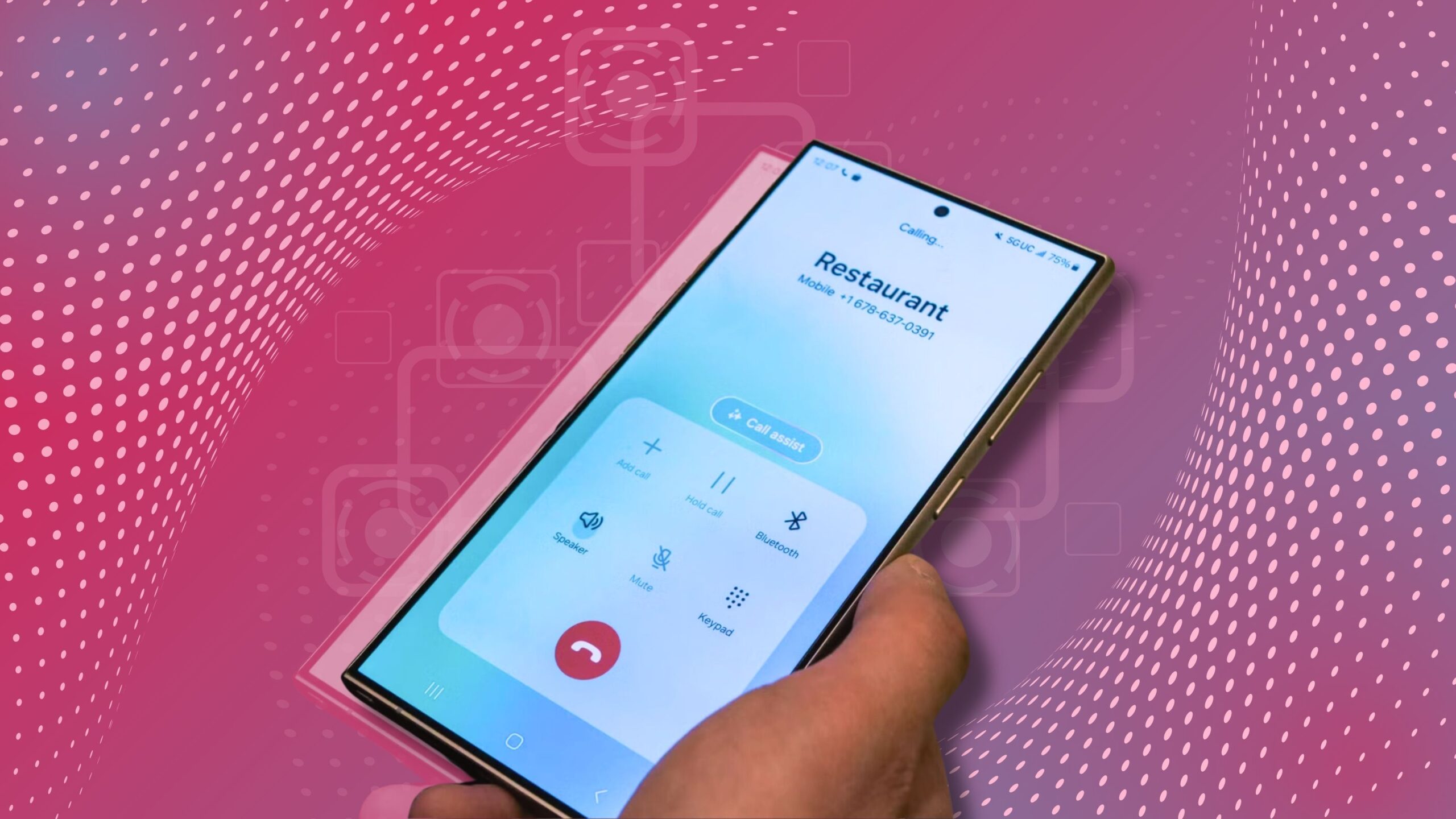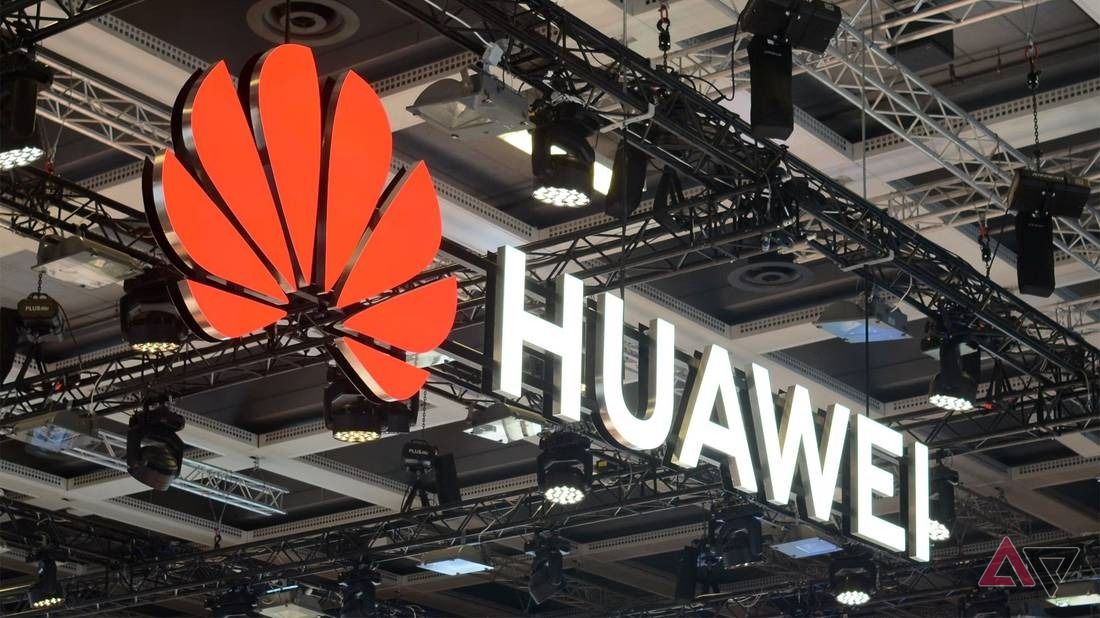Now’s a great time to learn photography. The best camera phones are more affordable than ever, and the market for professional-grade cameras is thriving if you want to upgrade. Along the way, you’ll seek the assistance of filters, the kind you snap onto your camera and those you apply while editing. However, not all filters are created equal, and using them can pose challenges.
Computational photography and the magic of AI-assisted photo editing can work together to fix most amateur mistakes and make everyday photography enjoyable. All you do is frame the shot right and tap to focus on the desired subject. Your Android phone or camera does a great job with the rest. Editing using filters can simulate the look of a film camera or give you a jumping-off point for polishing the result when using manual or pro mode on the camera.
Related
How to take better photos with your Android phone
It’s time to up your smartphone photography game
Physical filters might still be irreplaceable
Editing the effects is too much work
I find some filters like circular polarizers (CPL) and neutral density (ND) filters indispensable because recreating their effects in editing software is time-consuming. CPL filters cut indirect reflections, making it easy to photograph through car windows and display cases, like the ones at museums, or eliminating glare on phone screens. For landscape shooters, CPL filters are like sunglasses on your lens, making blue and green hues more vivid while darkening the sky a fair bit.
Image without CPL filter (left) and with CPL filter (right)
Meanwhile, ND filters are available in varying intensities. ND filters cut light available to your camera, allowing you to slow the shutter speed provided other settings remain constant. The results resemble Long Exposure mode in the Pixel Camera app, where flowing water, clouds, or traffic appears smoother and moving people are reduced to blurs. It’s how landscape photographers get dreamy shots or eliminate people from photos. However, the Pixel Camera app uses computational photography to fuse multiple frames of the moving elements into a single shot.
Image using Long Exposure mode on Pixel Camera (left) and without using the mode (right)
While features like Long Exposure mode might get your photos close enough to those of pro photographers, I find CPL filters irreplaceable for their ease of use. Many likely share my opinion, creating a market for products like the Moment lens and filter system. While it works great with conveniences like secure attachment and ease of use, you’re locked into an accessory ecosystem, paying a premium compared to universal clip-on smartphone lenses and filters. In my experience, the latter have optical imperfections, a tendency to fall off your phone, and an inherent fragility in construction.
Camera filters adapted for phone use could be the perfect common ground
Sturdy and clean
When I bought a new camera, lenses, and filters, I was thrilled to discover another product niche. Circular filters that thread onto your average DSLR or Mirrorless camera lens have been adapted to fit any smartphone. I bought one such adapter from the popular camera accessories brand K&F Concept. It uses a spring-loaded plastic clip to use any filter measuring 52mm in diameter with my phone.
I’ll address the one massive demerit of this system before moving on to the good bits. The clip obfuscates a significant portion of the phone screen, and the strong clamping force isn’t suited for foldables. Still, there’s little to dislike about this system. For starters, the clip allows me to attach this to any glass sandwich smartphone. I am not tied to filters from any brand, provided the thread diameter matches. If the desired filter isn’t available in the same 52mm size, cheap step-up rings allow using a larger filter on this small base.
Moreover, I like that the larger filter covers all the lenses in your camera array, so you can switch lenses in the camera app and enjoy the filter’s effects without repositioning it. That’s also true for phones with large camera islands like the OnePlus 12. The clip also fits around most slim cases and covers for your device and doesn’t add much thickness. That’s useful for phones attached to gimbals because the weight doesn’t shift off-center. Moreover, ND filters allow you to shoot at the desired frame rate, even in bright outdoor lighting.

Read our review
OnePlus 12: All flagship, no AI
This phone leaves nothing on the table, making for a truly complete package
Use your smartphone camera like a pro
A clip-on filter kit like the one from K&F Concept can level up your photography game, and the same filters may also work with your camera’s lenses. You aren’t bound to a brand or ecosystem. If the clip doesn’t break, your filters can assist the computational photography smarts on your phone or closely mimic the experience of a full-fledged camera if you prefer the phone’s manual controls.




